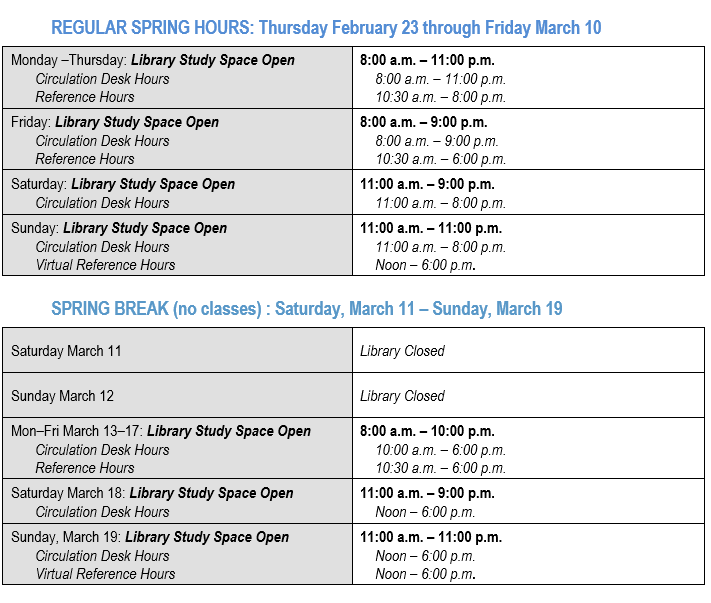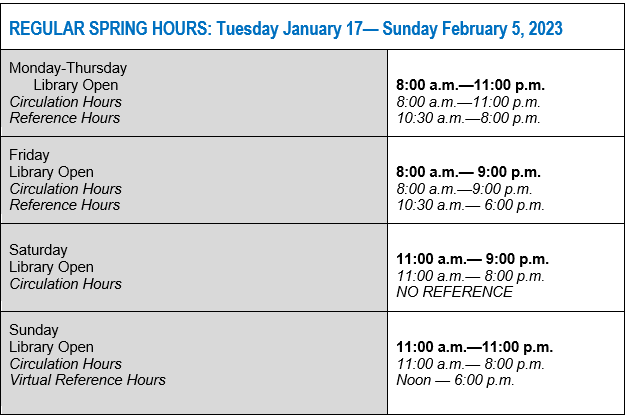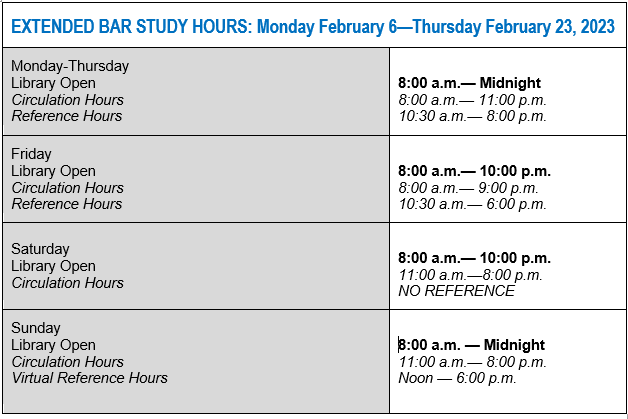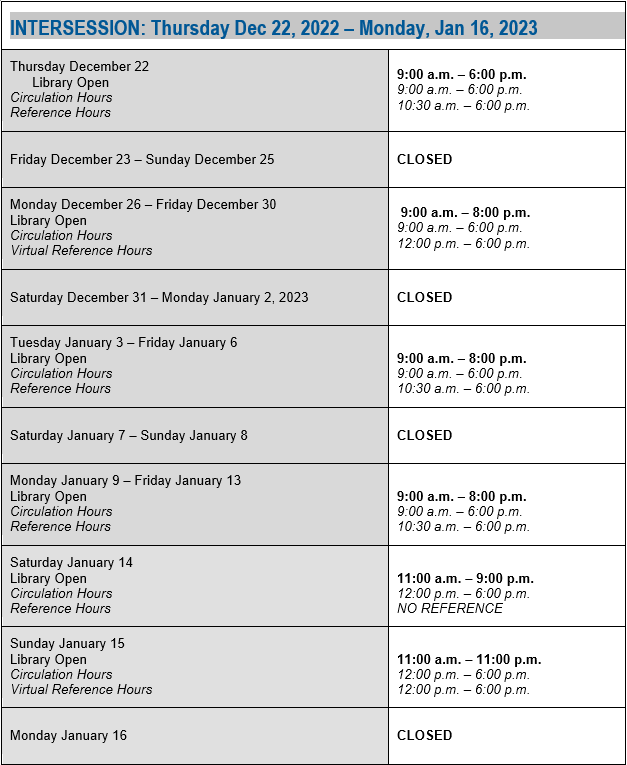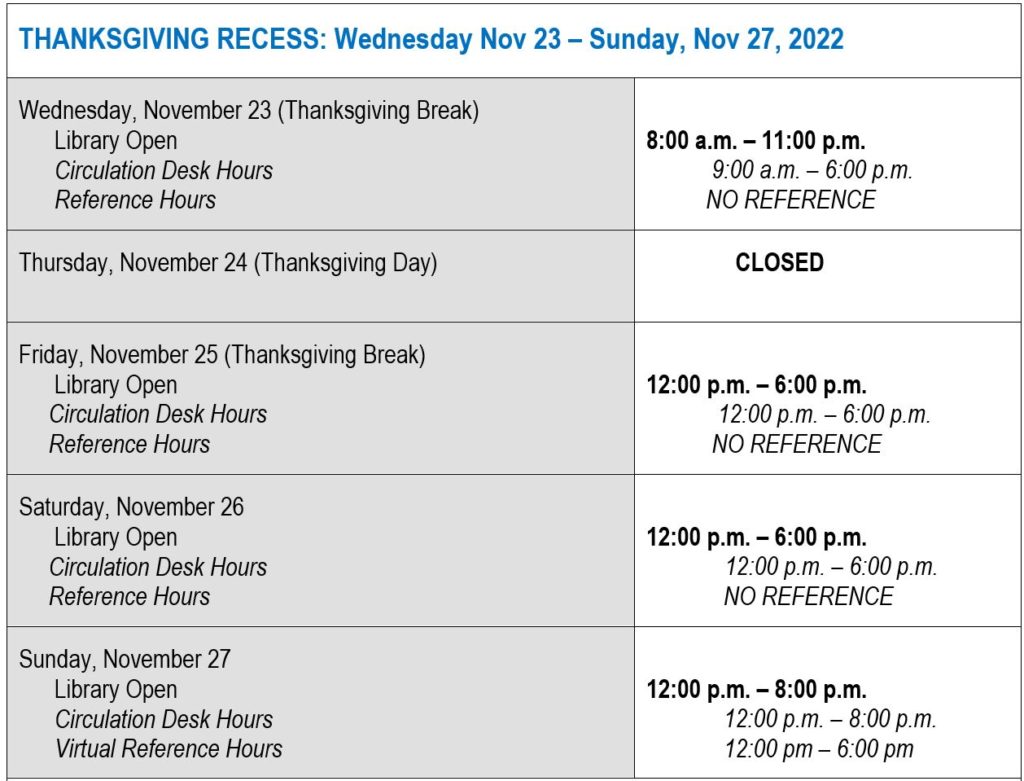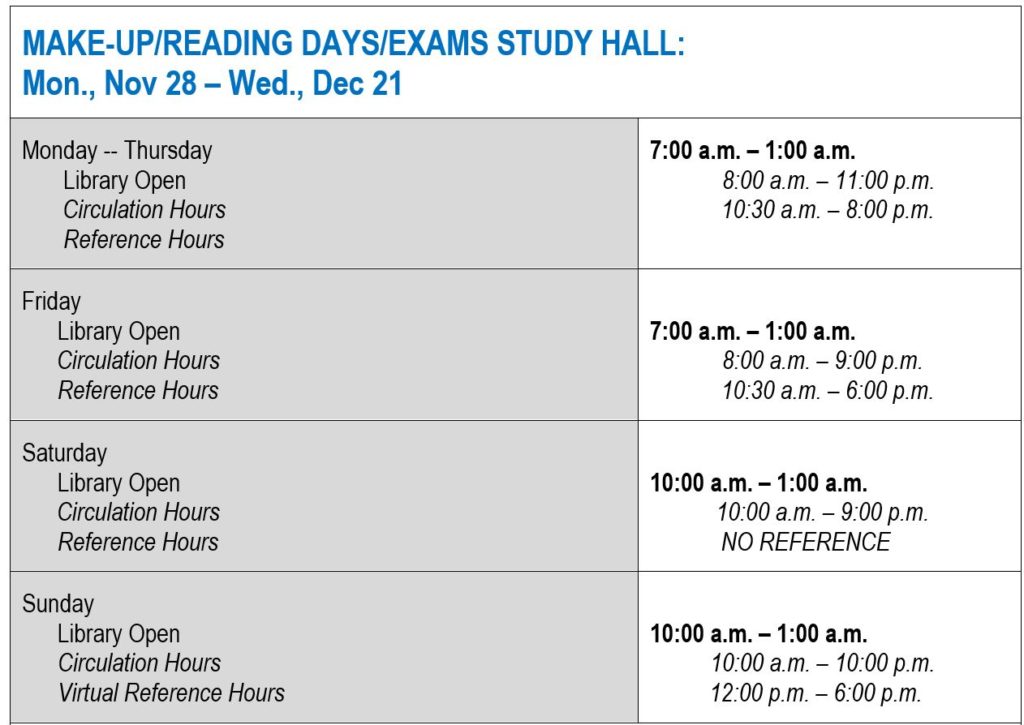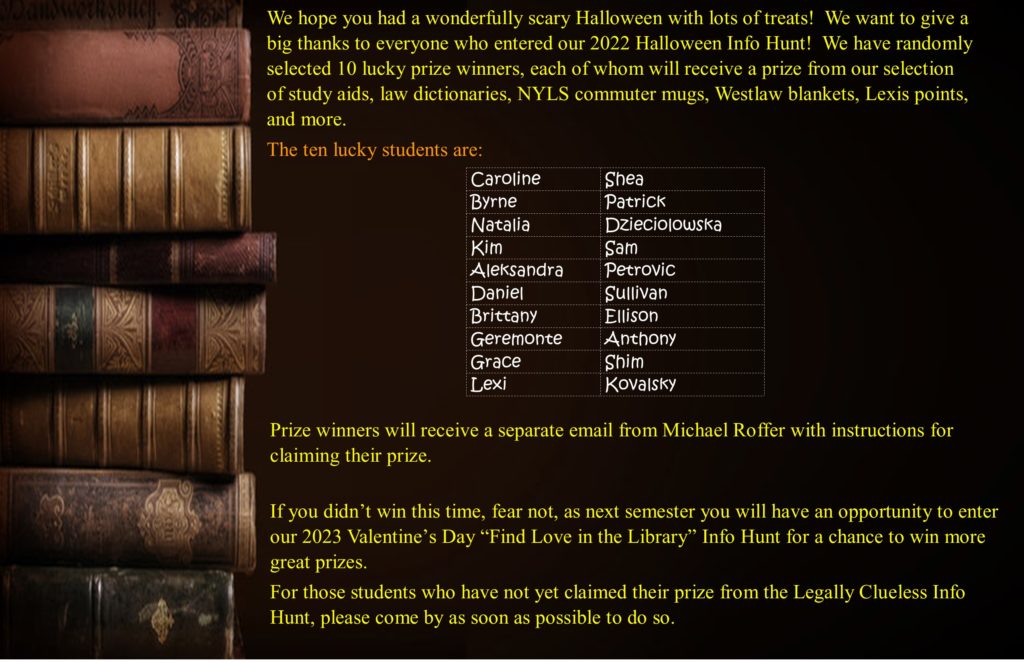Below is the schedule for the Mendik Library’s hours of operation from Thursday February 23 through Sunday March 19, 2023.
Congratulations to our Valentine’s Day Info Hunt Winners!!
Thanks to everyone who participated in this year’s Valentine’s Day Info Hunt!!
We want to thank ALL of you for putting your research skills to work and joining us in what we hope you all found to be a great learning experience. Here are the 15 winners whose names were selected at random from among the entrants.
Winners will be receiving an email with instructions on claiming their prize.
Love is In the Air at the Mendik Library!
What are you looking for this Valentine’s Day? Love? Adventure? Excitement? Join our Find Love in the Library Info Hunt! It’s simple (and free!). You’ll automatically be entered to WIN great prizes . . . study aids, Lexis points, law dictionaries, Bluebooks (choose between print or a 1-year online subscription), NYLS commuter mugs, Westlaw blankets, and Starbucks gift cards!
Click here to access the questions. Each slide includes just one question, along with step-by-step instructions that will get you to the answer.
Just answer 5 of the 6 questions and submit them by 5:00 p.m. on Tuesday February 14. Your answers don’t need to be perfect—just close!
And don’t forget to stop by the Reference Desk for some yummy Valentine’s Day chocolates.
Good Luck on Exams!
The Mendik Library wishes all New York Law School students the very best of luck on your upcoming exams. And remember that it’s never too late to check out our Exam Preparation Resources!
See Something? Say Something.
Exam period is here and your easygoing nature probably is diminishing quickly. Little things that you ignored last week are a big deal today. So, if it bugs you, say something.
Tell us about the light bulb over your favorite study spot that is out or the outlet that doesn’t work. Or the person with the malodorous lunch or dinner. Or the guy in the stairwell talking on his cell phone at full volume.
If you see, hear, or smell something, say something. It’s your library and you are here to study without distractions. Let us help do that. Contact the Reference Desk at 212.431.2332, the Circulation Desk at 212.431.2333, or email us at reference@nyls.edu


